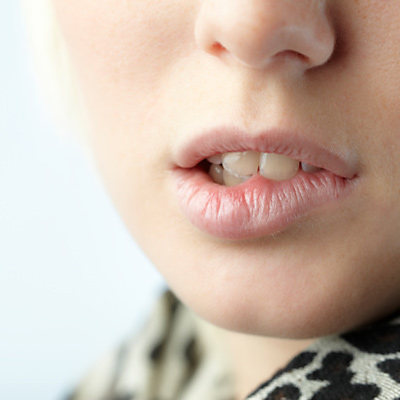Dry Mouth Symptoms, Causes, Complications, Diagnosis and Treatment

What Is Dry Mouth?
Also known as xerostomia, dry mouth is marked by a condition wherein the mouth becomes very dry. Reduce production of saliva, tends to be the foremost reason behind dry mouth. Saliva is made by salivary glands, present in our mouth. Impaired production of saliva is often the side effect of drugs. Rarely, dry mouth is triggered by a condition, which directly impacts these glands.
Being a common concern, the intensity of the condition varies. Few may experience slight dryness, whereas others can be greatly affected by the problem. Such people may suffer both in terms of their overall health, as well as the health of their teeth. Their appetite and eating habits can also be greatly affected.
Clearly, saliva helps in averting tooth decay through:
- Getting rid of food particles.
- Limiting the production of bacteria.
- Neutralizing the acids made by bacteria.
In addition to this, saliva also allows easy swallowing, plus, boosts the ability to taste food. Nevertheless, enzymes present in saliva help in digestion. Doctors prepare a treatment plan on the basis of its cause.
What Are The Symptoms Of Dry Mouth?
Symptoms of dry mouth are as follow:
- Bad breath.
- Stringy and thick saliva.
- Altered sense of taste.
- Dryness in the throat or mouth.
- Problem with swallowing, chewing or speaking.
- Recurrent tooth decay.
- Gum disease and irritation.
The aforementioned indications can be observed most of the day, or throughout the day.
What Causes Dry Mouth?
As mentioned earlier, it mostly occurs as a side effect of drugs. Besides, a number of causes associated with dry mouth are as follow:
- Aging.
- Cancer therapy.
- Nerve damage.
- Some health conditions.
- Usage of methamphetamine.
- Usage of tobacco.
What Are The Complications Of Dry Mouth?
Reduced production of saliva can lead to a number of complications, including:
- Gum disease.
- Tooth decay.
- Coated tongue.
- Increased plaque.
- Cracked lips.
- Fungal infection in the mouth.
- Split skin or sores at the corner of the mouth.
- Poor nutrition due to swallowing and chewing difficulties.
How Is Dry Mouth Diagnosed?
In order to detect the condition, the doctor will:
- Examine the mouth thoroughly.
- Need medical history.
- Review all the medication the patient has been taking.
At times, following are needed to determine the cause of dry mouth:
- Imaging tests or scans of the salivary glands.
- Blood tests.
How Is Dry Mouth Treated?
As mentioned earlier, treatment of dry mouth is based upon its cause. For example, if the doctor finds medications to source dry mouth, then he or she will either change them or adjust the dosage. In other cases, the dentist/doctor will suggest products that will help to moisturize the mouth.
For people with intense dryness in the mouth, drugs can be prescribed that will help in stimulating the production of saliva. The dentist will also take steps to protect the teeth, by averting cavities.
By : Natural Health News




